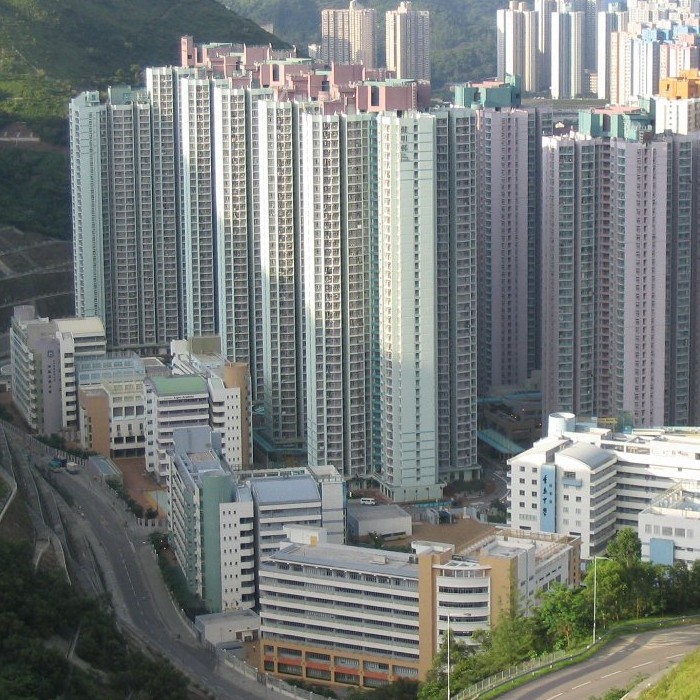Published:
Two years after the collapse of China’s real-estate bubble, worries that it may collapse again are starting to rise. China’s largest private property developer, Country Garden, is struggling to pay back their enormous loans. Dealing with strict government regulations has made it even more difficult for companies to deal with their growing debt.
With China still recovering from the insolvency of property development giant China Evergrande Group, the collapse of Country Garen could bring the whole industry trouble. After some short-lived, post-Covid rebounds, China’s economy is starting to slow down. This is a very similar situation to the “false dawns” that Japan saw in the 1990s. Following years of overbuilding, there is now a huge oversupply of homes.
Country Garden is currently invested in more than three thousand properties, which include more than one million homes. They also have $186 billion in liabilities, which resulted in a record 7 billion loss after they adjusted down the value of their properties. Sino-Ocean Group, a large property development company, recently revealed that they will be suspending payments on eight United States bonds. The face value of these bonds are around $4 billion. This follows Country Garden’s narrowly-avoided default on their two U.S. bonds. They missed their payment of $22.5 million, but were able to pay during their 30 day grace period.
Country Garden’s sales of new homes fell 70% in August from 2022, which is equivalent to a $1.1 billion loss. According to analysts, without a rebound in sales, Country Garden will likely slide into default. The majority of Country Garden’s investments are in China’s third through fifth tier cities, where average incomes are lower and less stable. Home sales and prices have also decreased quicker in these areas, compared to wealthier cities like Beijing and Shanghai.
The real estate sector makes up about a third of the nation’s GDP; a decline in the value of real estate is significantly hurting their economy. With an annual 5% decrease in the prices of land and homes, companies are struggling to be able to pay their growing debt. The debt used by their local governments to purchase property now makes up about half of China’s total government debt. And, unlike Japan in the 1990s, China has been largely unwilling to use broad economic stimulus. In mid-August, China Evergrande filed for bankruptcy in New York. Their share prices were unsuspended from trading for the first time in 17 months, which led to a 79% crash in one day.
However, there are a few things their government is doing to fix the problem. In an attempt to increase home buying, the central bank lowered the minimum down payment for first time buyers. Their central bank also said they are allowing banks to charge lower rates on existing mortgages. They hope this will help younger people get houses as they deal with record high levels of unemployment.
Luckily, because Chinese property developers hold small amounts of global debt, there is little risk of a global financial crisis. However, if the Chinese economy recedes, it will have an impact on the growth of the world economy as a whole.
File under






